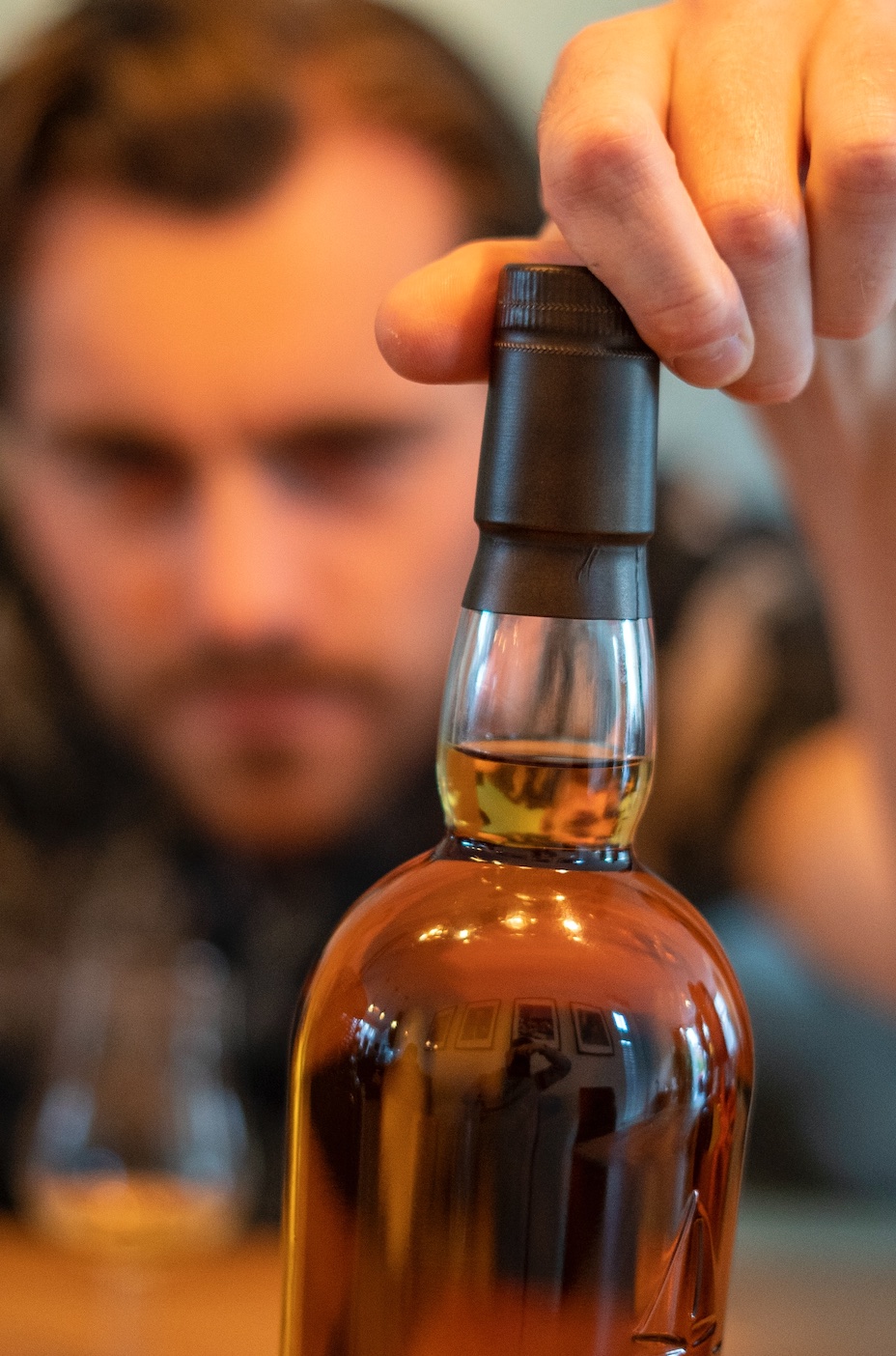What does that mean for Wisconsin social hosts?
Social host liability refers to the idea that a person might be responsible for the conduct of their guests at a social gathering. Most often, social host liability comes into play when alcohol is involved – in most states, an intoxicated person’s negligence can also implicate the person who provided them with the alcohol, in certain circumstances.
In Wisconsin, the same is true, but to a lesser degree. That’s because Wisconsin’s dram shop law generally provides that a person serving or selling alcohol cannot be held liable for another person’s behavior, with a few exceptions.
Let’s explore Wisconsin’s dram shop and social host liability law and how to steer clear of any liability issues as a social host.
Wisconsin Dram Shop Laws
In the past, bars and alcohol vendors were referred to as “dram shops,” and as such, dram shop laws address situations in which bartenders may over serve alcohol to a customer. In many states, dram shop laws dictate that bars and restaurants can be held liable for a drunk customer’s negligence.
However, in Wisconsin, the same isn’t true.
Wisconsin’s dram shop law, codified at Wis. Stat. 125.035, provides that a person selling, dispensing, or providing alcoholic beverages is generally immune from suit – meaning protected from liability – with only a few exceptions. The law applies equally to bartenders and vendors who sell alcohol for profit, and other people who provide alcohol for free as a social host.
Exceptions to Wisconsin’s Dram Shop Law
While Wisconsin’s dram shop and social host liability law is generally friendly to those serving alcohol, two exceptions exist. Under the Wisconsin statute, a person is not immune from liability when they provide alcohol to an underage person (and the provider knew or should have known that the drinker was underage), or when the alcohol is provided “by force or by representing that the beverages contain no alcohol.”

Here’s an example to illustrate. Say that you’re hosting a party for your neighbors to watch a football game. At the party, you provide beer, wine, and liquor to all your guests via an open bar – all the alcohol is available on a countertop for whoever wants it. Later, you see your neighbor’s son, who you know to be 17, drinking alcohol, and you don’t attempt to stop him from drinking. If the neighbor’s son then drives a car, gets into a crash, and injures another person, you could be held responsible for the other person’s injuries, even though you were not directly involved in the accident.
How to Avoid Dram Shop and Social Host Liability Issues in Wisconsin
While these laws seem harsh, they’re designed to ensure responsible serving of alcohol – especially when it comes to underage individuals. Fortunately, however, steering clear of liability issues is simple. To avoid issues with Wisconsin’s dram shop and social host liability law, you should merely ensure that anyone drinking at a party you’re hosting is of age.
In fact, the law even provides an exception to the exception for underage individuals who misrepresent their age. If an underage person falsely represents their age, supports their misrepresentation with documentation (such as a fake ID), and an ordinary person would believe that the person was of age, then the Wisconsin statute’s immunity provision applies, even if the drinker was actually underage.
What does that mean for Wisconsin social hosts? If you’re unsure of a person’s age at a party, ask for their ID. If you have questions about a car collision in Wisconsin that you think involves dram shop law or social host liability, contact local car accident lawyers like those at Mingo & Yankala to get answers to your questions.


Join the conversation!